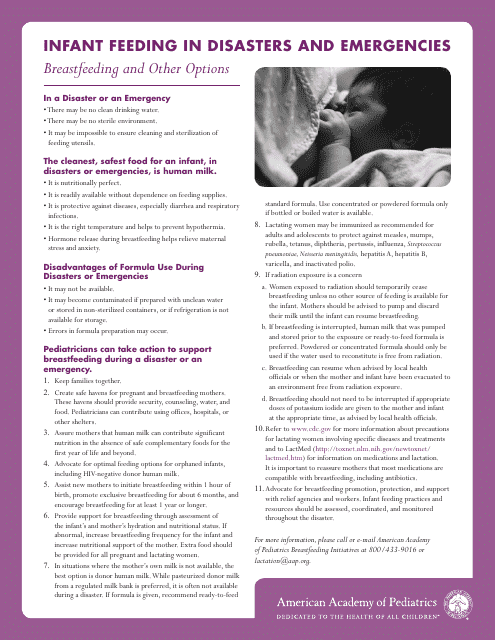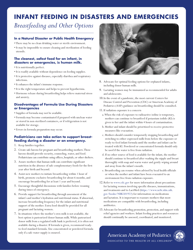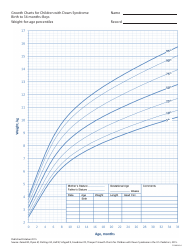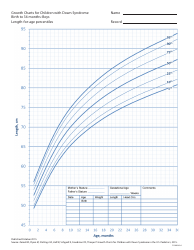Infant Feeding in Disasters and Emergencies: Breastfeeding and Other Options - American Academy of Pediatrics
The document "Infant Feeding in Disasters and Emergencies: Breastfeeding and Other Options" by the American Academy of Pediatrics provides guidance on how to support infant feeding during disasters and emergencies, emphasizing the importance of breastfeeding and suggesting alternative options when it is not possible.
The American Academy of Pediatrics (AAP) files the document "Infant Feeding in Disasters and Emergencies: Breastfeeding and Other Options."
FAQ
Q: What is the document about?
A: The document is about infant feeding in disasters and emergencies, focusing on breastfeeding and other options.
Q: Why is breastfeeding emphasized in disasters and emergencies?
A: Breastfeeding is emphasized because it provides nutrition, hydration, and protection against illness for infants, even in challenging circumstances.
Q: What are some other options for infant feeding in disasters and emergencies?
A: Other options include expressed breast milk, donor human milk, and formula feeding as a last resort.
Q: What should mothers do to prepare for disasters and emergencies?
A: Mothers should have a plan in place to continue breastfeeding and ensure access to necessary supplies such as breast pumps and storage containers.
Q: What should healthcare professionals do to support breastfeeding during disasters and emergencies?
A: Healthcare professionals should provide education, support, and access to breastfeeding resources, including breastfeeding-friendly shelters.
Q: Can breastfeeding be continued if the mother is separated from her baby during a disaster or emergency?
A: Yes, breastfeeding can be continued through expressing milk and utilizing safe storage methods until mother and baby can be reunited.
Q: What is the role of formula feeding in disasters and emergencies?
A: Formula feeding should be considered a last resort when breastfeeding or other options are not feasible or safe.
Q: Why is it important to prioritize infant feeding in disasters and emergencies?
A: Prioritizing infant feeding ensures the health and well-being of infants, reduces the risk of illness and malnutrition, and supports mother-baby bonding and resilience.







